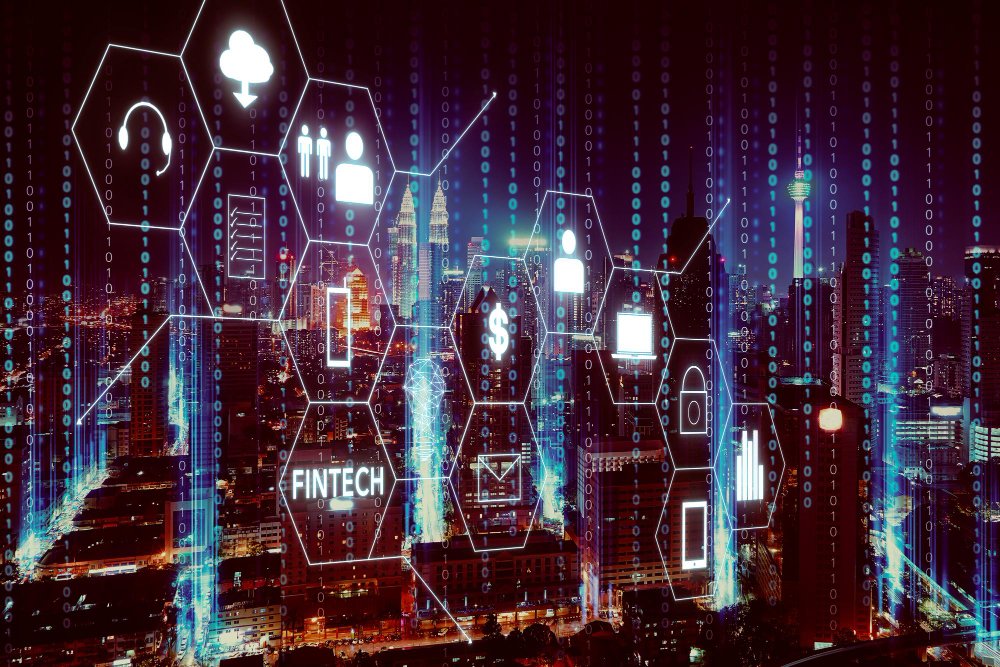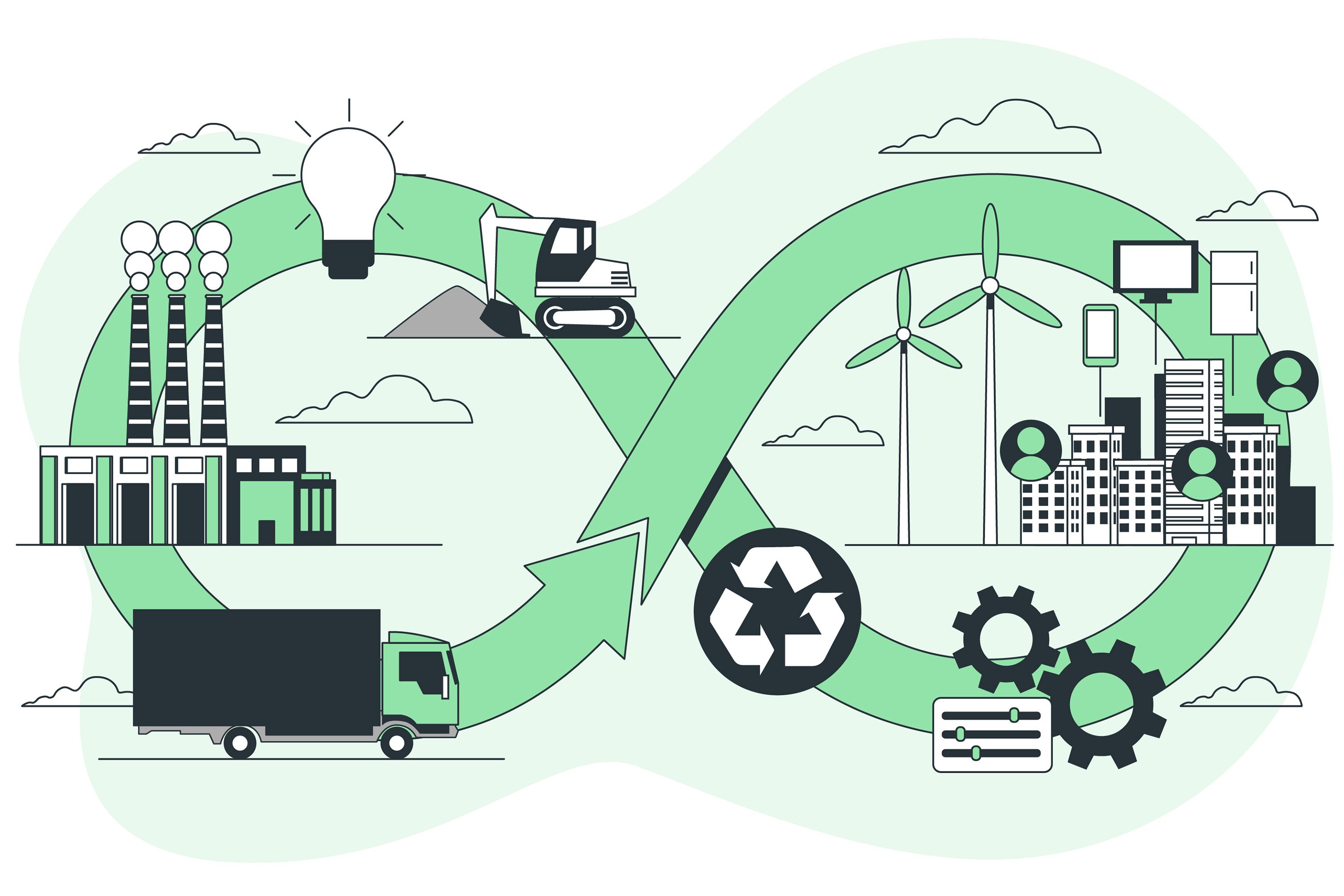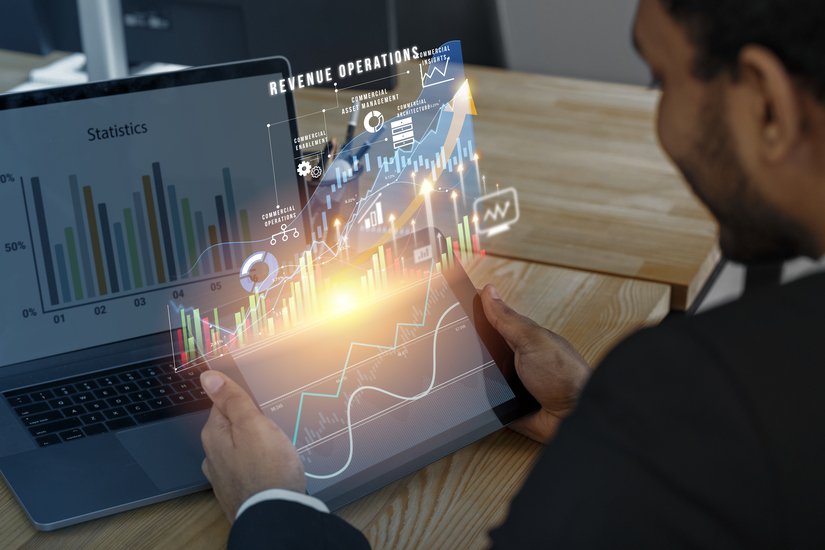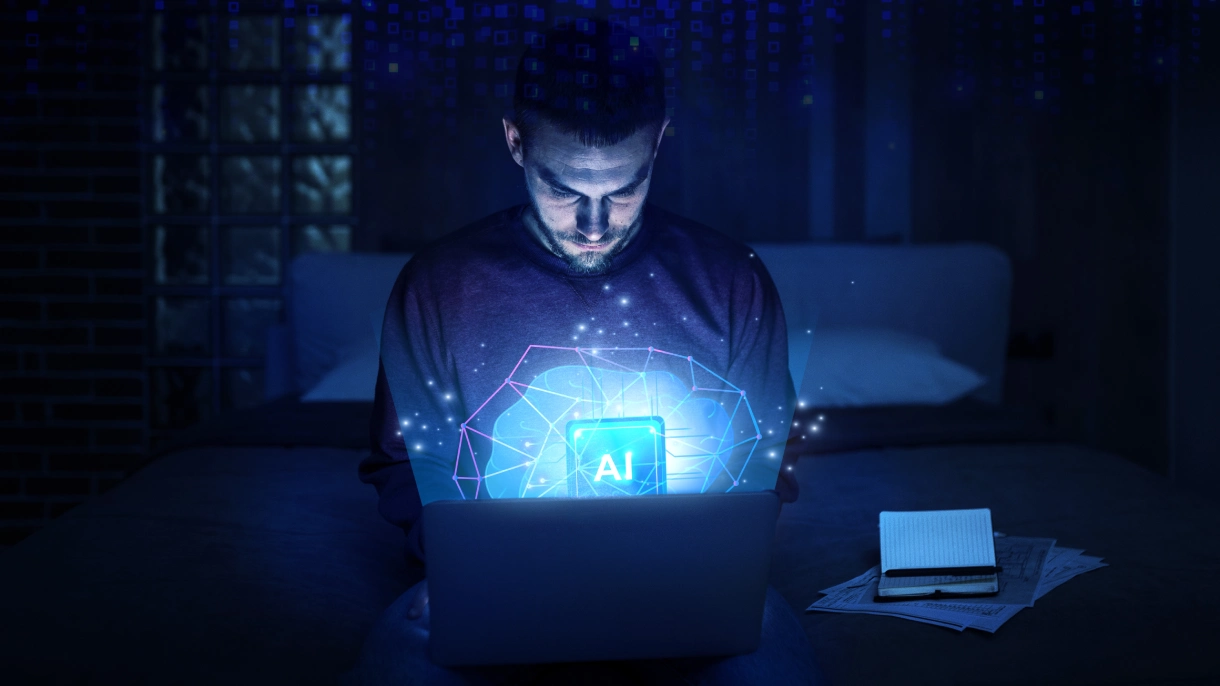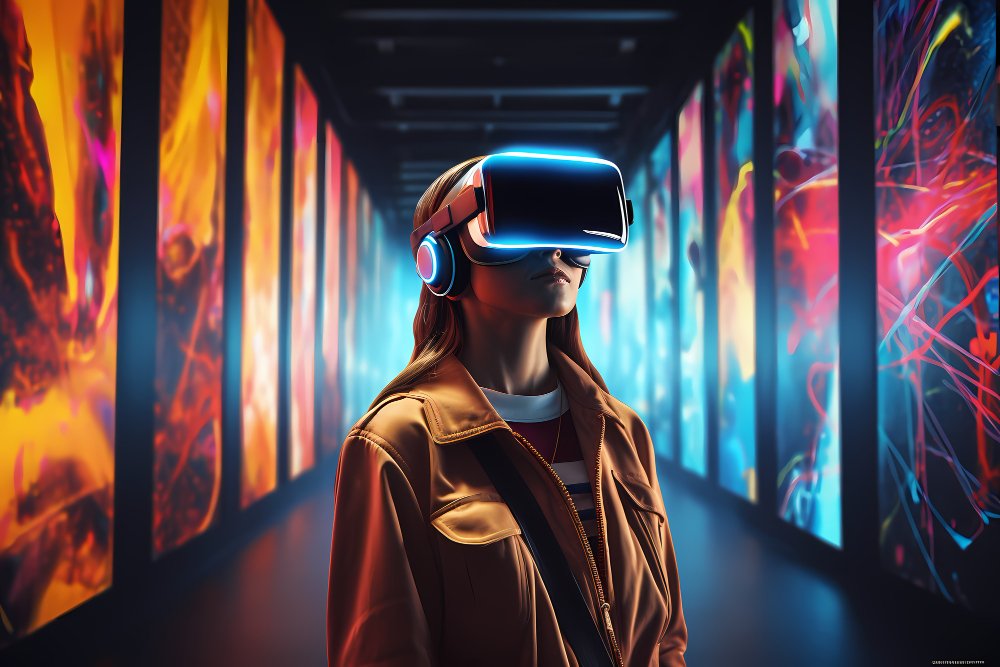Introduction & Purpose
Knowledge update and Industry update at Skyline University College (SUC) is an online platform for communicating knowledge with SUC stakeholders, industry, and the outside world about the current trends of business development, technology, and social changes. The platform helps in branding SUC as a leading institution of updated knowledge base and in encouraging faculties, students, and others to create and contribute under different streams of domain and application. The platform also acts as a catalyst for learning and sharing knowledge in various areas.
Prof. Nizar Sahawneh
From Different Corners
The discourse about international economic power is further enhanced by the development of digital payment systems, which have sparked a worldwide competition to implement a central bank digital currency (CBDC). Currently, over 80 percent of central banks worldwide have undertaken efforts pertaining to national digital currencies, as stated in a research by the Atlantic Council.44 While digital payment systems have been around for some time, the concept of a Central Bank Digital Currency (CBDC), issued by a central bank and backed by fiat currency on a one-to-one basis, has introduced new possibilities for financial diplomacy.
Dr. Mahmoud Al Khasawneh
From Different Corners
The emergence of the Internet of Things (IoT) has fundamentally altered how we engage with our environment, especially in the setting of smart cities. But as our cities becoming more structured, it becomes more important than ever to have robust security measures in place to safeguard private information and guarantee the uninterrupted operation of crucial systems. The decentralized and tamper-resistant characteristics of blockchain technology has made it a viable option to improve IoT security in smart cities.
Dr. Mohammad Abdul Salam
KNOWLEDGE UPDATE
Conceptual Foundations: The concept of a circular economy stands as a stark contrast to the traditional linear economy, which follows a 'take-make-dispose' model, leading to resource depletion and environmental degradation. In a circular economy, resources are kept in use for as long as possible, with their value maximized through recycling, refurbishing, and reusing. The core principles of a circular economy revolve around designing out waste and pollution, keeping products and materials in use, and regenerating natural systems.
Dr. Ayat Ahmed Alrosan
KNOWLEDGE UPDATE
Colorectal Cancer (CRC) is characterized by its notable status as the third most lethal form of cancer. According to the cited source, colon cancer demonstrates a five-year survival rate of roughly 68%, but stomach cancer exhibits a comparatively lower survival rate of 44% [1]. In the pursuit of reducing mortality rates related to colorectal cancer (CRC), an approach of significant efficacy involves the detection and elimination of precancerous abnormalities.
Dr. Reyaz Ahmad
KNOWLEDGE UPDATE
Mathematics is a broad topic that involves more than just applying formulae and solving equations; it also requires a thorough comprehension of concepts and the capacity to use logic to solve issues.
Dr Beenu Mago
KNOWLEDGE UPDATE
Intelligence was initially introduced and defined by John McCarthy during the introduction of AI at a conference in Dartmouth in the summer of 1956 (Benko & Lányi, 2009). Howard Dresner presented a new way of looking at "BI" as a thorough categorization that encompasses programs and services aiding in data collection, consolidation, analysis, and accessibility.
Ms. Anjum Azeez
From Different Corners
Critical thinking is one of the main objectives of every educational system. By definition, critical thinking is any kind of directed thought that works with higher-order learning, or analytical learning, that assesses, corrects, replaces, and reconstructs things.
Dr. Suhair Eyad Jamal Al-Alami
From Different Corners
A prose fiction text is a made-up narrative which comprises the elements of plot, theme, setting, point of view, tone, and characters (Wood, 2018; Al-Alami, 2021). An art of creative expression, a prose fiction text seeks to impress the reader via means of language style amongst other devices. This article aims to highlight several points which pertain to language style in prose fiction texts.
Prof. Haitham Alzoubi
From Different Corners
In the realm of intelligence (AI) the integration of advanced technologies, into our daily lives has brought about a revolutionary change. However, along with the expanding capabilities of AI there is a growing sense of frustration among humans as we grapple with the faceted implications of this digital dominance. This complex interplay between progress and human adaptability has given rise to a set of challenges and concerns. The widespread adoption of AI technologies undeniably offers efficiency and advancement ranging from automating tasks to driving innovation in fields like healthcare and finance.
Mr. Mahmoud Alsakhnini
From Different Corners
In the recent years, there have been incredible advancements, in virtual reality (VR) technology. These advancements have made immersive experiences more accessible and captivating than before. The operating systems that power virtual reality environments play a role in the development of VR technology. In this discussion, we will delve into the breakthroughs and advancements, in virtual reality operating systems uncovering their features, capabilities and potential impact on the future of VR technology.





